About the lab
Nature is under increasing threat from anthropogenic activity – human population growth and economic development impose increasing pressure on the planet’s ecosystems. The planet is warming, extreme weather events are becoming more frequent and, at the same time, habitats are being destroyed and polluted.
These stressors rarely occur in isolation, so the traditional focus on single stressors will inevitably miss key information on their interactive, and often counterintuitive, impacts. We aim to derive generalities in how aquatic ecosystems respond to multiple stressors by focusing on both multiple levels of organisation (from genes to ecosystems) and multiple scales (from laboratory experiments to field studies).
Controlled Experiments
We use indoor aquaria and outdoor ‘mesocosm’ ponds and streams to manipulate stress conditions and quantify how populations and communities respond.
We have three mesocosm facilities:
- Oxford mesocosms: 32 large mesocosm ponds – long term experiment on warming and drought running since 2020
- InterStressor: 128 small mesocosm ponds for short term pulsed stressor experiments
- ExStream: 128 small transportable stream mesocosms for short term experiments
We also work with Guy Woodward and Emma Ransome at Imperial College London on a large scale mesocosm warming experiment (pictured).
Field Research
Our field research spans from pole to pole. To complement our experiments (which have high control but lack realism) we measure gene to ecosystem responses across natural and anthropogenic stress gradients.
For instance, we use natural geothermal temperature gradients in Antarctica to quantify how intertidal and lake communities respond to warming (pictured). In South Africa, we have a project which is investigating how stream food webs vary across land use gradients.
Specific Projects
Meet the Team

Dr Michelle C Jackson
PI
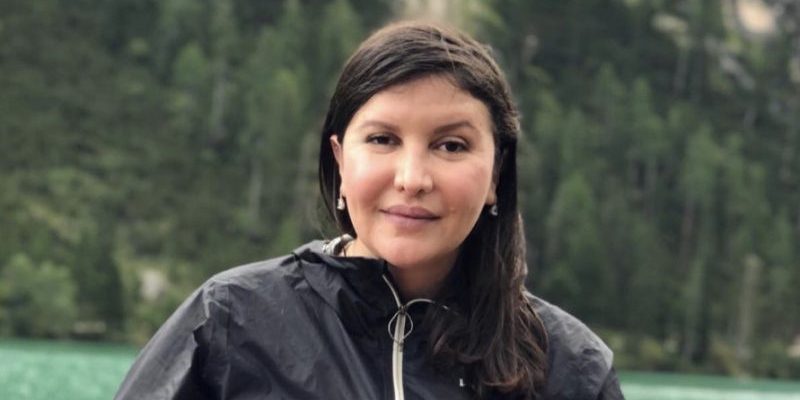
Adriana Mordente
PhD Student
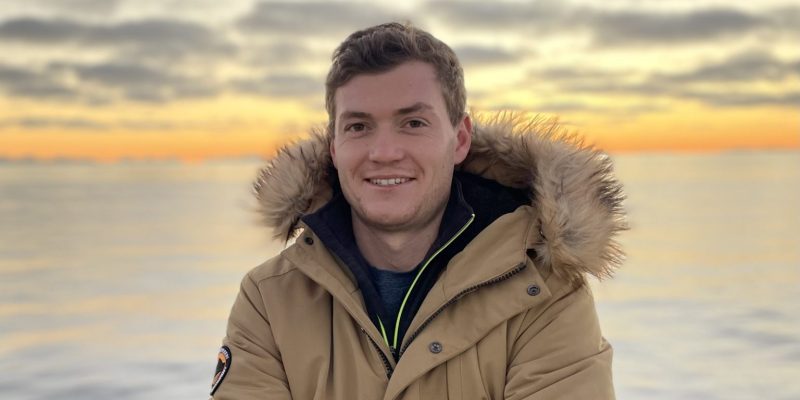
Dr Sam Macaulay
Postdoc
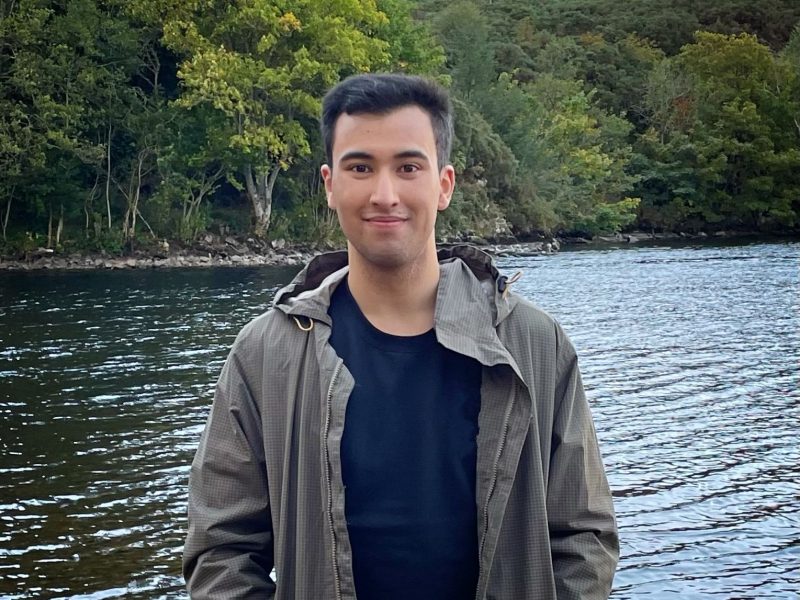
Ramesh Wilson
PhD Student
I joined the Jackson Lab after completing a BSc at Queen Mary, University of London. My DPhil explores multiple stressor effects on global marine intertidal and benthic communities, using a combination of passive in situ and experimental methods. I am also interested in ecological policy and evidence-led litigation in aquatic and terrestrial systems.
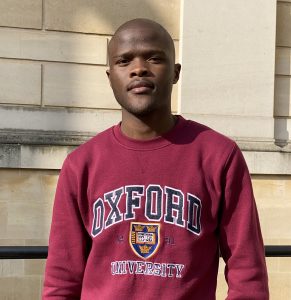
Buntu Fanteso
PhD Student
I joined the Jackson Lab after completing an MSc in Environmental Management from the University of Johannesburg in South Africa. My research involves fieldwork in South Africa and experiments in the UK to understand the effects of multiple stressors and their interactions on aquatic ecosystems.

Oliver Sworder
MBiol student
Title: Ecosystem Responses to Beaver Reintroduction
Ollie is working with Spains Hall Estate to investigate how beavers alter water quality and invertebrate communities

Amelia Lam
MBiol Student
Title: Disentangling drivers of river pollution in Oxfordshire
Amelia is investigating how river pollution varies over time and space using invertebrates as indicator species
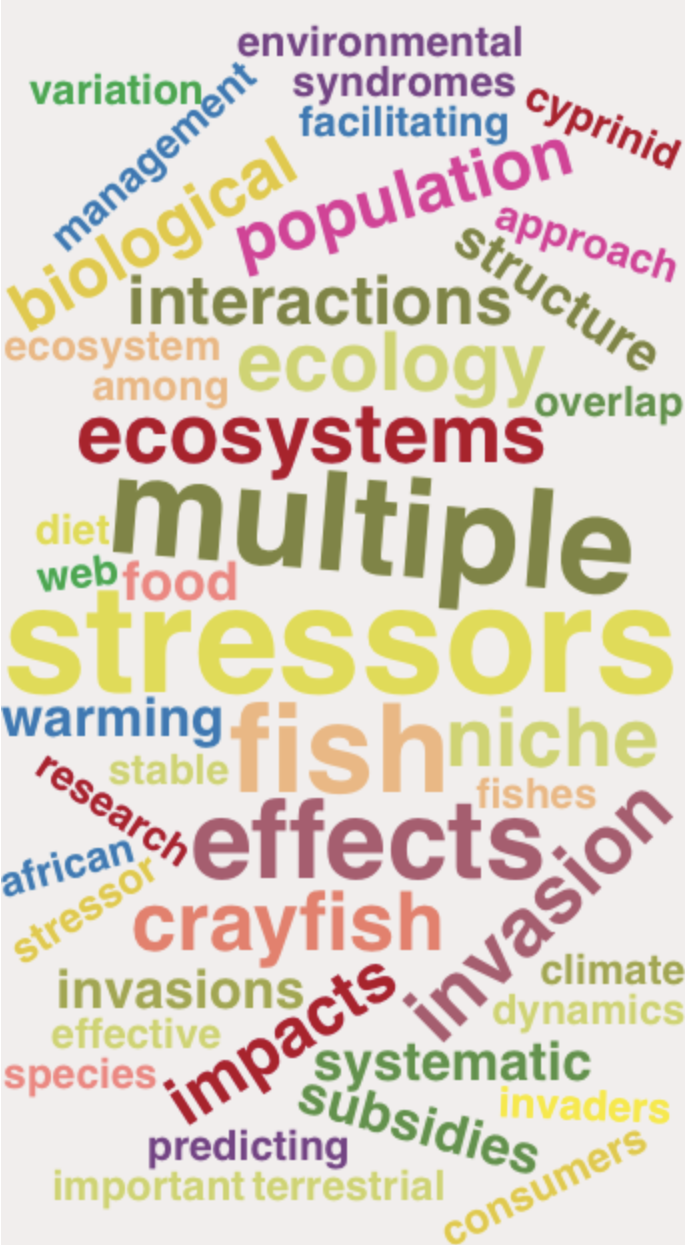
Publications
Please find our labs publications on our Oxford Biology website or Google Scholar. If you don’t have access to any of the journals, please email us and we will happily share a pdf of the paper.
